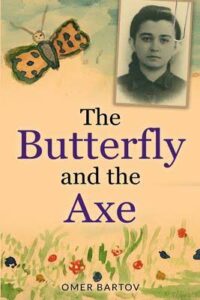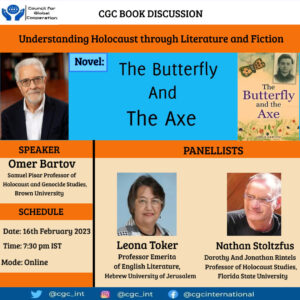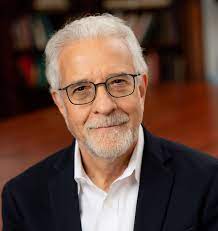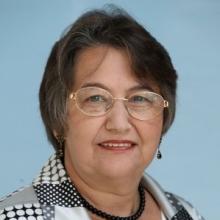
Literature is the best ally for history, as there is no single explanation of the past. Historical study cannot do justice to those who vanished without a trace. They need to be brought back so as to make history complete. Straddling history and fiction, Omer Bartov, world’s leading authorities on genocide and one of the foremost scholars of Jewish life in Galicia presents a heartwarming narrative that will take readers back in time. In his new novel The Butterfly and The Axe, Bartov leaves readers wondering what is real and what is fiction?

By breaking down the walls of the past, readers can enter a world that was once as real as our own but now largely disappeared from memory and history. Narrated by an unnamed historian, and based on fragments of memories, testimonies, diaries, letters and confessions, this novel seeks to fill a gap in the historical record of the Holocaust by reimagining those who were murdered and erased from memory, and to shed light on the transgenerational effects of trauma.
In this webinar, we attempt to understand the history of Holocaust through a mixture of fiction and historical framework.
SPEAKER:

Omer Bartov
Samuel Pisar Professor of Holocaust and Genocide Studies, Brown University
PANELLISTS:

Leona Toker
Professor Emerita of English Literature, Hebrew University of Jerusalem

Nathan Stoltzfus
Dorothy and Jonathan Rintels Professor of Holocaust Studies; Advisory Chair, Genocide, Holocaust and Disaster Studies, CGC
MODERATOR:

Soumava Basu
President and Founder, CGC